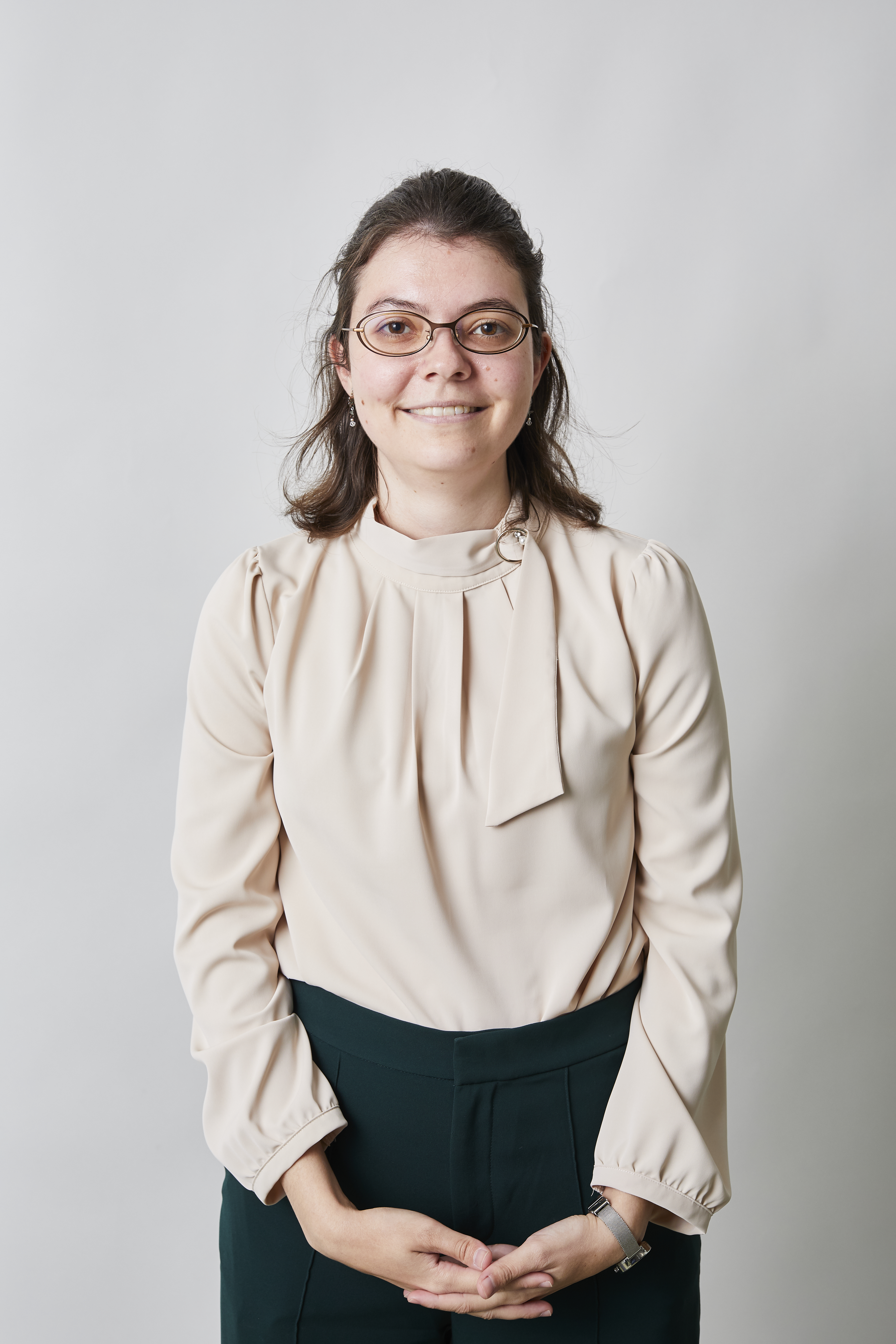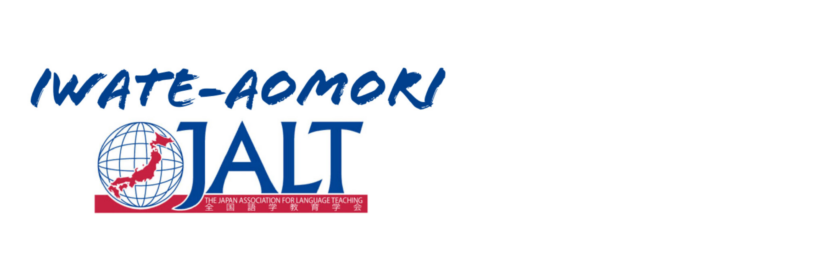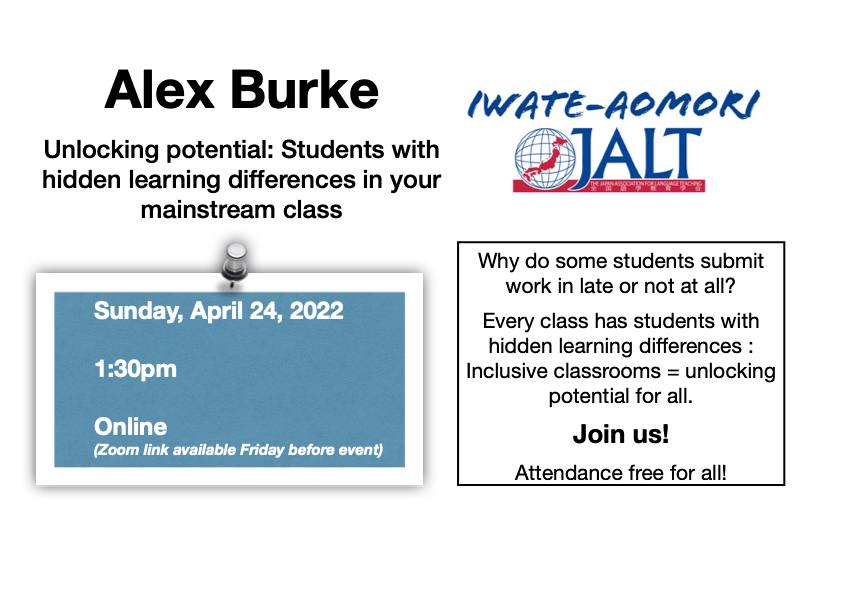Date: Sunday, January 29th 1:30pm
Location: Online – Zoom link included when you register for event
Cost: JALT Members – Free. Non-member – 500 yen
Event Registration is here: http://ptix.at/rZZBGC
This session will take an introductory look at the three main kinds of memory–sensory, working, and long-term–and look at how they interact during the learning process. In addition, we’ll explore how memory functions in Cognitive Load Theory, one of the major theories of learning today. With this theory in mind, we’ll end by discussing and reflecting on the implications for teachers and practical ways to apply these ideas in our classrooms.
BIO: Julia Daley currently teaches English writing and conversation at Hiroshima Bunkyo University. Prior to that, she taught writing in the USA at the secondary and tertiary levels. When she isn’t diving down neuroscience-related rabbit holes, she’s busy being bossed around by her very demanding cats and fish.


